I think Earthkind is trialing David Austin roses
meslgh
9 years ago
Related Stories

WINTER GARDENINGPruning Secrets for Exquisite Roses
Encourage gorgeous blooms year after year with this time-tested advice on how to prune your rosebush in winter for health and shape
Full Story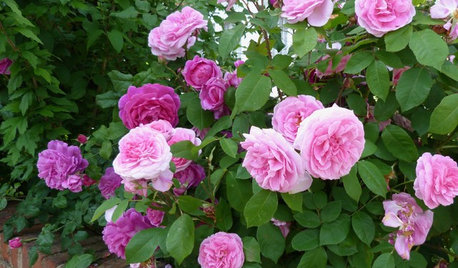
GARDENING GUIDESWhat Kind of Roses Should You Grow?
Want to add the beauty of roses to your garden? Find out which ones, from old-fashioned to modern, are right for you
Full Story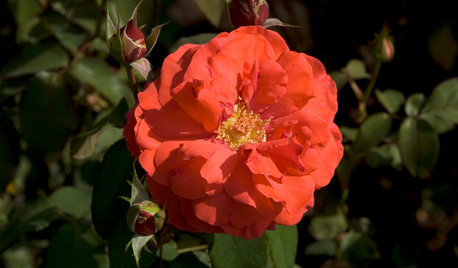
GARDENING GUIDES6 Captivating Roses for an Alluringly Fragrant Garden
Perfume your garden with aromas from richly spicy to lightly sweet, without sacrificing an inch of color
Full Story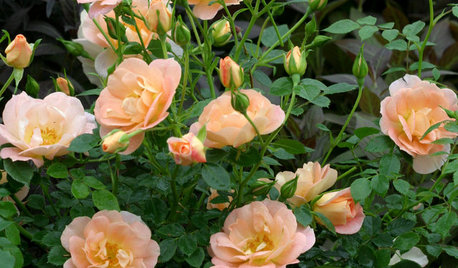
GARDENING GUIDES6 Wonderfully Easy Roses for Any Gardener
Look like an expert even if you're just starting out, with these low-maintenance gems of the rose world
Full Story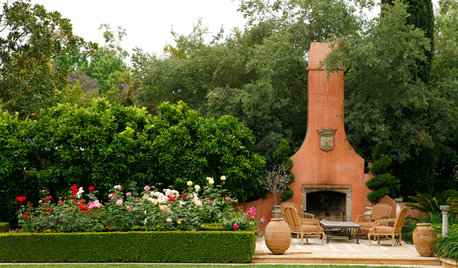
LANDSCAPE DESIGNMake Your Roses Even More Beautiful With These Companion Plants
Nourish your rosebushes and create a visual feast with these 7 classic and unexpected plant pairings
Full Story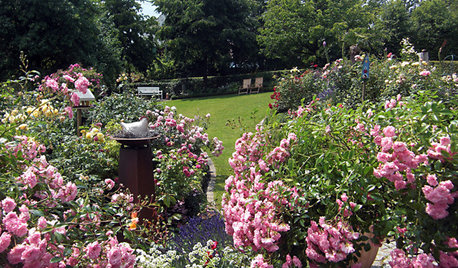
GARDENING GUIDES5 Sweet to Spirited Pink Roses for an Enchanting Garden
Whether you go demure or daring, there's a pink rose here to make you flush with garden pride
Full Story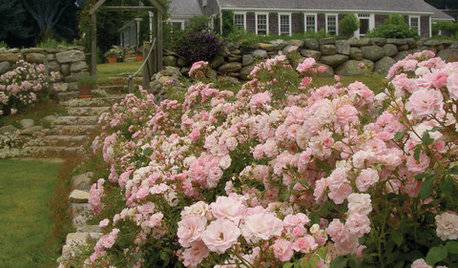
GARDENING AND LANDSCAPINGReimagine the Rose Garden
No need for boxlike bushes. Modern roses are breathtakingly beautiful mixed casually and with less formal shapes in the landscape
Full Story
ARTSee Winning Modern Quilts on Display at QuiltCon 2015
Top quilts have been chosen from among hundreds at the international show in Austin through February 22. View them and others here
Full Story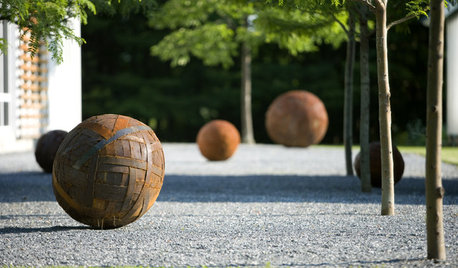
LANDSCAPE DESIGNWhat Kind of Gardener Are You? Find Your Archetype
Pick from our descriptions to create a garden that matches your personality and tells your story
Full Story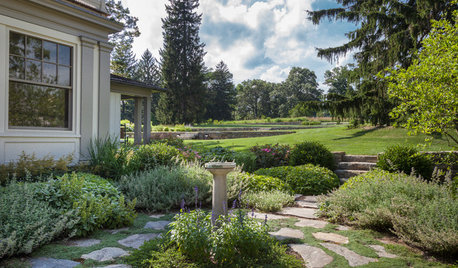
TRADITIONAL HOMESHouzz Tour: Connecticut Farm Restored for Generations to Come
A man renovates his extended family’s stately farmhouse and land. Sustainable practices are used in gardens, wetlands and recreation areas
Full Story








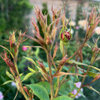

Vicissitudezz
jerijen
Related Professionals
West Milford Landscape Architects & Landscape Designers · Woodinville Landscape Architects & Landscape Designers · Norwood Landscape Contractors · Deerfield Beach Landscape Contractors · Fair Oaks Landscape Contractors · Fort Myers Landscape Contractors · La Mirada Landscape Contractors · Mendota Heights Landscape Contractors · Stallings Landscape Contractors · Suitland Landscape Contractors · Oxon Hill Landscape Contractors · Bronx Siding & Exteriors · Four Corners Siding & Exteriors · Southampton Siding & Exteriors · Iowa City Siding & Exteriorsnikthegreek
sammy zone 7 Tulsa
meslghOriginal Author
Vicissitudezz
jerijen
professorroush
nikthegreek